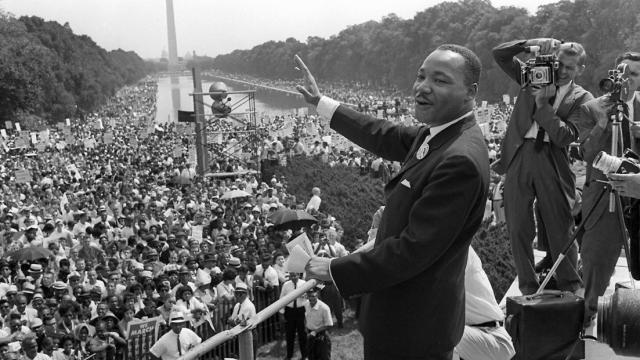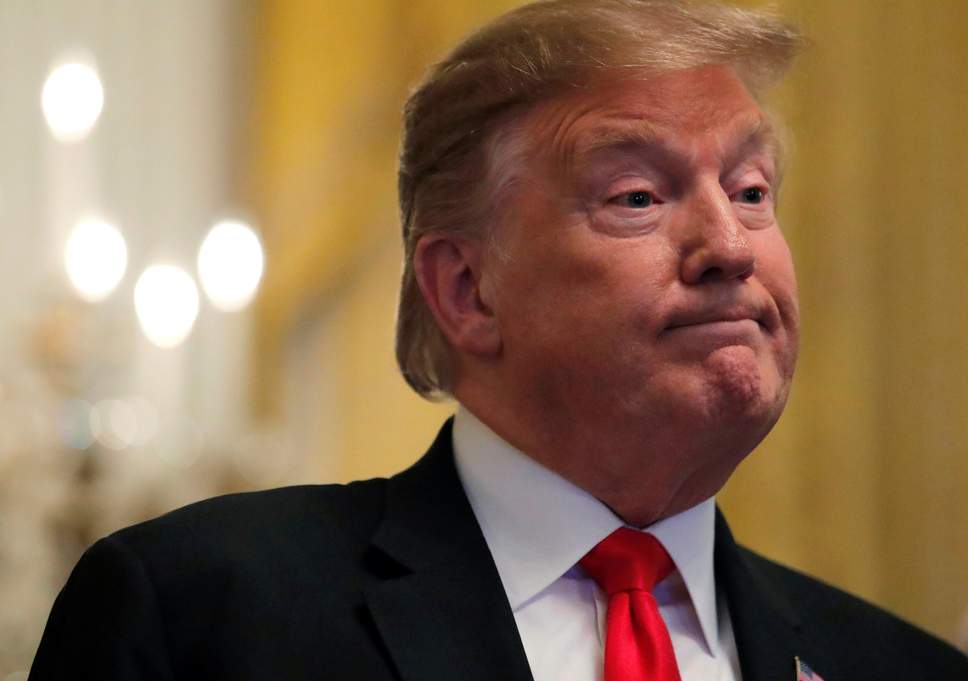
It’s Black History Month, and the importance of black contributions to American society cannot be understated. This month is not, nor should it ever be, considered a month of token appreciation for the people America once enslaved – a month to tip our hats and apologize formally for that error. Rather, it’s a month to truly celebrate contributions from African Americans without whom America would not be anything close to what it is now.
“History is often reduced to a handful of memorable moments and events,” said Dr. Stephanie Pough in a recent post celebrating Black History Month. “But just as black history is more than a month, so too are the numerous events and figures that are often overlooked during it.” Some of these figures include:
● Onesimus, a slave who taught Cotton Mather how to inoculate against smallpox, which helped America win the Revolutionary War.
● Dr. Daniel Hale Williams, who performed the first open-heart surgery in 1893.
● Dr. William Augustus Hinton, who developed the Hinton Test to diagnose syphilis.
Pough also pointed out that numerous black inventors were responsible for the hairbrush, lawnmower, cellphone, air conditioner, video games on disk, and, to some extent, GPS.
Unfortunately, America is in a disgraceful place right now when it comes to celebrating Black History Month, with racial tensions boiling over and social statistics working consistently against African Americans. Our country sends black people to prison five times more oftenthan white people. In 2012, 31 percent of people killed by police were black, even though African Americans make up only 13 percent of the population. There’s even some question as to whether credit scores are racist, since 44 percent of black households with debt on their plate have bad credit scores, while 62 percent of indebted white households have excellent or good scores.
Whether it is a coincidence for Black History Month or not, a congressional subcommittee visited North Carolina just days after President’s Day to investigate voter suppression. Similar field hearings are set up for Texas, Florida, Ohio, North Dakota, Alabama and Georgia, after black voter turnout in the 2016 presidential election was down a surprising 7 percent.
“I attribute it to the fact that this was the first presidential election in 50 years without the protections of the Voting Rights Act,” Emory University’s Carol Anderson told Vox. “We saw in a number of states – including Wisconsin, Pennsylvania, Michigan, Ohio, Texas, Kansas, Florida, and others – that Republican state legislatures implemented voter suppression laws that very deliberately targeted minority groups, especially black voters. And it’s pretty clear that those suppression efforts were successful.”
Giving an example of clear voter suppression, Anderson noted: “In 2016, there were 868 fewer polling places across the country, and most of those were shut down in minority and poor neighborhoods in the South. When you increase the distance from the population to a polling place, black voter turnout goes down by a certain percentage. We know this. Which is why in Sparta, Georgia, for example, a largely black community, they shut down a number of polling places and moved them 17 miles away.”
She went on to mention that in some areas, voter registrations were entirely purged, requiring voters to re-register. In Georgia, the voter registration deadline is generally 28 days prior to the vote, meaning that unless those purged voters checked their status, they might not have known they were unable to vote until they came into their polling station on Election Day.
Georgia Governor Brian Kemp was responsible for purging 340,000 voters, Anderson said, or about 11 percent of the state’s registered voters. Stacey Abrams, Kemp’s competitor who lost by just 55,000 votes, bluntly called out the Republican Party’s lawless tactics.
“Incompetence and malfeasance operates in tandem and the sheer complexity of the state’s voting apparatus smooths voter suppression into a nearly seamless system that targets voter registration, ballot access and ballot counting,” Abrams told the subcommittee. “These hurdles have had their desired effect.”
Abrams has refused to acknowledge the election as legitimate. Had Abrams won, she would have been the first female African American governor.
The Trump effect
Any U.S. president, among other things, needs to be able to speak to diverse cultures and work towards rapprochement with a black population that has historically felt discriminated against. So let’s look at some the criteria for successful cross-cultural management and see if our current president measures up to the role in any respects:
1) Let silence play its part: Silence isn’t necessarily a bad thing — certain cultures embrace it, and leaders must be able to use it appropriately.
2) Be prepared for disagreement and learn to work with it: Good leaders don’t quash contradicting opinions, they incorporate them and learn from them.
3) Good leaders adhere to cultural protocols and norms when building, maintaining and repairing relationships.
4) Good leaders pay attention to body language, both their own and others.
5) Good leaders ask open-ended questions instead of asking questions that include assumptions.
1) Regarding silence, Trump has never been silent, not from Day One. His noise comes in the form of a constant stream of tweets, like his steady criticism of Colin Kaepernick’s NFL protest, which was, at its root, a protest against how police treat black people.
The list goes on and on, but when we’re talking about racism specifically, it is Trump's equivocation around the Charlottesville neo-Nazi march that earned him perhaps the most lasting scorn, when he said there was “blame on both sides.” There was also the fact that he called African nations “sh*thole countries.”
He has also not been silent in his accusations of voter fraud. Ironically, the fraud seems to be on behalf of the Republican Party, thus favoring Trump himself. On President’s Day, a North Carolina woman testified that she falsified ballots for a Republican congressional candidate during the 2018 midterms, causing the state to call for a re-election.
2) Regarding disagreement, when the media releases a report that disagrees with Trump’s version of events, he immediately labels it “Fake News.” More specifically, when Colin Kaepernick’s #TakeAKnee movement gained steam in fundamental disagreement with how black people are treated in America, Trump never even tried to understand it.
Even within his own staff Trump can’t seem to anticipate disagreement. Numerous top advisers have publicly disagreed with Trump in an effort to distance themselves from his statements and save their reputations. This is not the sign of a leader who knows how to deal with, much less understands, disagreement.
3) Regarding cultural protocols: Pocahontas, anyone? At a ceremony honoring Navajo veterans of World War II, Trump made a joke about Pocahontas. Furthermore, black history and the contributions of Martin Luther King, Jr. are a huge part of American culture. Yet on Martin Luther King, Jr. Day, Trump didn’t do any civic work or community service like the last three presidents; instead he went golfing.
4) Regarding body language, Trump’s body language during his first official trip abroad showed an obvious attempt to present himself as an alpha male, not to try and listen to other people or respect them. At one point, he pushed Montenegro's Prime Minister Dusko Markovic aside, fighting his way to the front of the line. His body language continually shows how concerned Trump is with the way others view him, and more specifically, that he’s not even paying attention to them.
5) Regarding questions, does Donald Trump ever ask anyone a question? We do know, from Michael Wolff’s book "Fire and Fury", that “much of the president’s daily conversation was a repetitive rundown of what various anchors and hosts had said about him.” Trump doesn’t ask questions, he talks about himself. That’s one reason why people like Rex Tillerson and Rupert Murdoch have plainly called Trump an “idiot.”
Trump doesn’t have the leadership skills required to properly lead us in our celebration of Black History Month, thus we as citizens must lead ourselves. Unlike the 2016 presidential race and 2018 midterms, the 2020 elections are already shaping up to be far more diverse. Many of the early primaries will be held in more diverse states, which according to CNN’s Ronald Brownstein “underscores the potential influence of Hispanic, and especially African-American voters, in picking the winner from a Democratic presidential field likely to be the party's largest since at least 1976.” Democratic candidates Kamala Harris and Cory Booker, both black U.S. senators, are already positioning themselves as frontrunners in the race.
Let’s celebrate Black History Month with everything we've got. Because long after Trump is gone, we’ll still have the contributions, the personalities, and the legacies of African Americans who make this country so special.
















